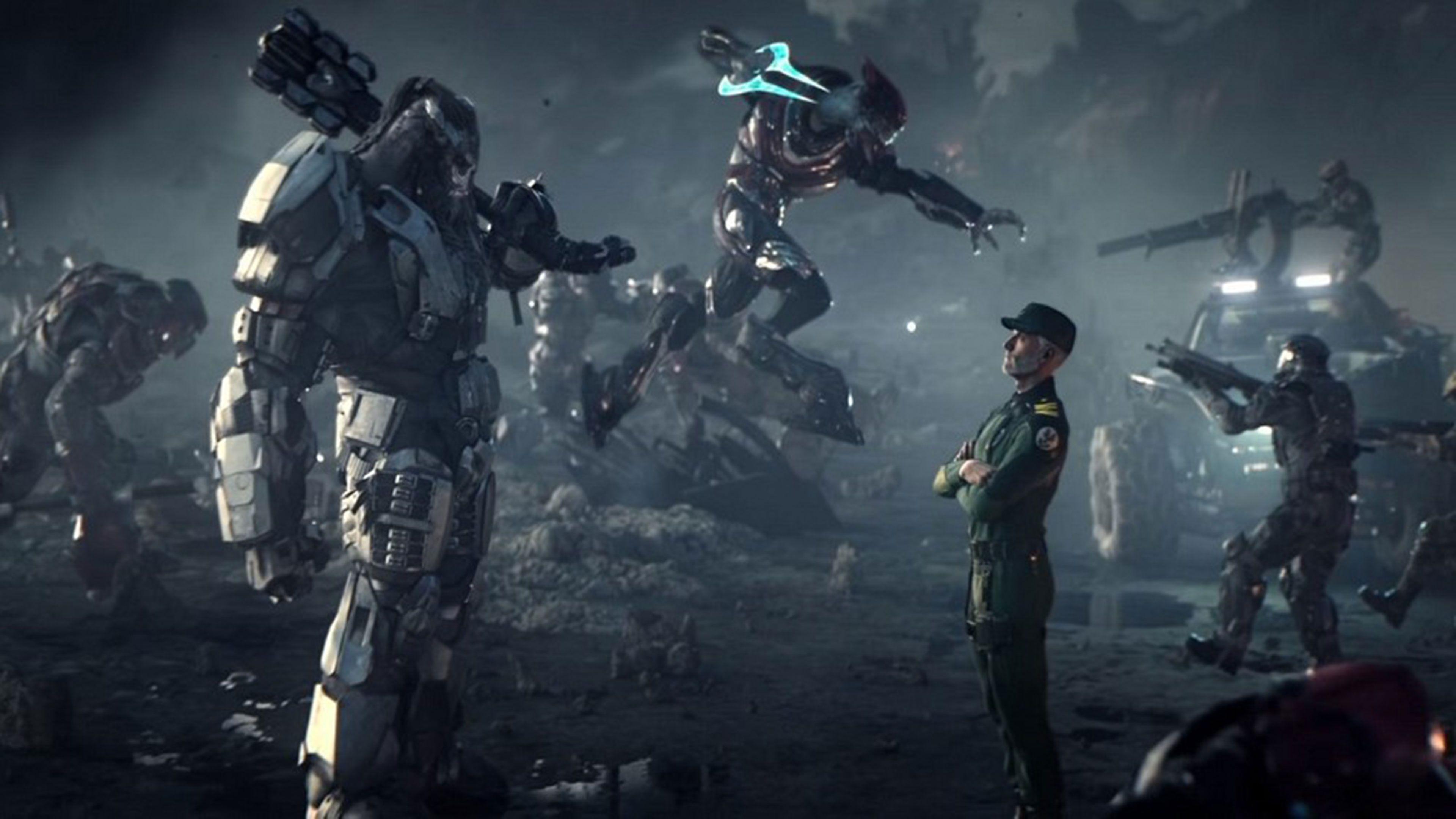Halo War: Understanding The Impact And Legacy Of This Iconic Game
Halo War is not just a game; it represents a monumental shift in the real-time strategy (RTS) genre, merging captivating storytelling with intense gameplay. As one of the most significant titles in the Halo franchise, it has garnered a massive following, reshaping how players engage with strategy games. In this article, we will delve into the history, gameplay mechanics, and cultural impact of Halo War, exploring why it remains a beloved title in the gaming community.
With its stunning graphics, immersive storytelling, and engaging multiplayer options, Halo War has cemented its place in gaming history. This article aims to provide a comprehensive overview of the game, its development, and its lasting effects on both players and the industry. We will also examine how Halo War has evolved over the years and what the future holds for this iconic franchise.
Whether you are a seasoned player or new to the Halo universe, this article will equip you with knowledge and insights about Halo War, making it a must-read for fans and newcomers alike. Let’s dive deep into the world of Halo War!
Table of Contents
- The History of Halo War
- Gameplay Mechanics
- Key Characters in Halo War
- Graphics and Sound Design
- Multiplayer Experience
- Cultural Impact of Halo War
- Evolution of the Halo Franchise
- The Future of Halo War
The History of Halo War
Halo War was developed by Ensemble Studios and published by Microsoft Game Studios. Released in February 2009, it was the first console-exclusive real-time strategy game set in the Halo universe.
The development of Halo War was influenced by the desire to create a game that appealed to both Halo fans and RTS enthusiasts. The team aimed to maintain the lore and essence of the Halo franchise while introducing strategic gameplay mechanics.
The game was well-received by critics and players alike, earning several awards and accolades for its innovative approach to storytelling and gameplay.
Gameplay Mechanics
Halo War features traditional RTS elements, allowing players to control units, build bases, and engage in combat. Here are some key gameplay mechanics:
- Base Building: Players can construct bases to produce units and resources.
- Unit Control: Players command various units, each with unique abilities and strengths.
- Resource Management: Gathering resources is crucial for building and upgrading units.
Unit Types
Halo War includes a variety of unit types, categorized into different factions, each with distinct characteristics:
- UNSC Units: Known for their versatility and firepower.
- Covenant Units: Feature advanced technology and formidable combat skills.
Key Characters in Halo War
The game features iconic characters from the Halo universe, including:
- Commander James Cutter: The main protagonist leading the UNSC forces.
- Serina: An AI assisting Cutter with tactical decisions.
Graphics and Sound Design
One of the standout features of Halo War is its impressive graphics and sound design. The game utilizes advanced graphics technology to create stunning visuals that bring the Halo universe to life.
The sound design enhances the gameplay experience with immersive audio effects and a captivating soundtrack, further engaging players in the story.
Multiplayer Experience
Halo War offers a robust multiplayer experience, allowing players to compete against each other online. The multiplayer mode includes various game types, including:
- Skirmish Matches: Players can engage in battles against AI or other players.
- Team Battles: Collaborate with teammates to defeat opposing forces.
Cultural Impact of Halo War
Halo War has significantly impacted gaming culture, influencing other RTS games and contributing to the growth of esports. The game’s success has led to a dedicated fanbase, community events, and tournaments.
Moreover, Halo War has inspired fan art, merchandise, and discussions within the gaming community, further solidifying its place in gaming history.
Evolution of the Halo Franchise
Since the release of Halo War, the franchise has continued to evolve, introducing new titles and gameplay mechanics. Each iteration builds on the foundation laid by Halo War, incorporating player feedback and technological advancements.
The franchise remains relevant and popular, with ongoing support from developers and an active community of players.
The Future of Halo War
As technology continues to advance, the future of Halo War and the Halo franchise looks promising. Developers are exploring new ideas and concepts to enhance gameplay and engage players further.
Fans eagerly anticipate potential sequels or remasters that could bring the beloved game to a new generation of players.
Conclusion
In summary, Halo War is a pivotal title in the gaming industry, merging engaging gameplay with rich storytelling. Its impact on the RTS genre and gaming culture is undeniable, making it a classic that continues to resonate with players today.
We invite you to share your thoughts on Halo War in the comments below. Have you played the game? What are your favorite memories? Don't forget to check out our other articles for more insights into the world of gaming!
Closing Remarks
Thank you for reading! We hope this article provided valuable insights into Halo War and its significance in the gaming world. Be sure to visit us again for more articles on your favorite games and franchises.
Mikal Vega: The Rising Star Of The Music Scene
Understanding The Dynamics Of Friends Stepmom Relationships
Zod DCEU: The Complex Legacy Of General Zod In The DC Extended Universe


